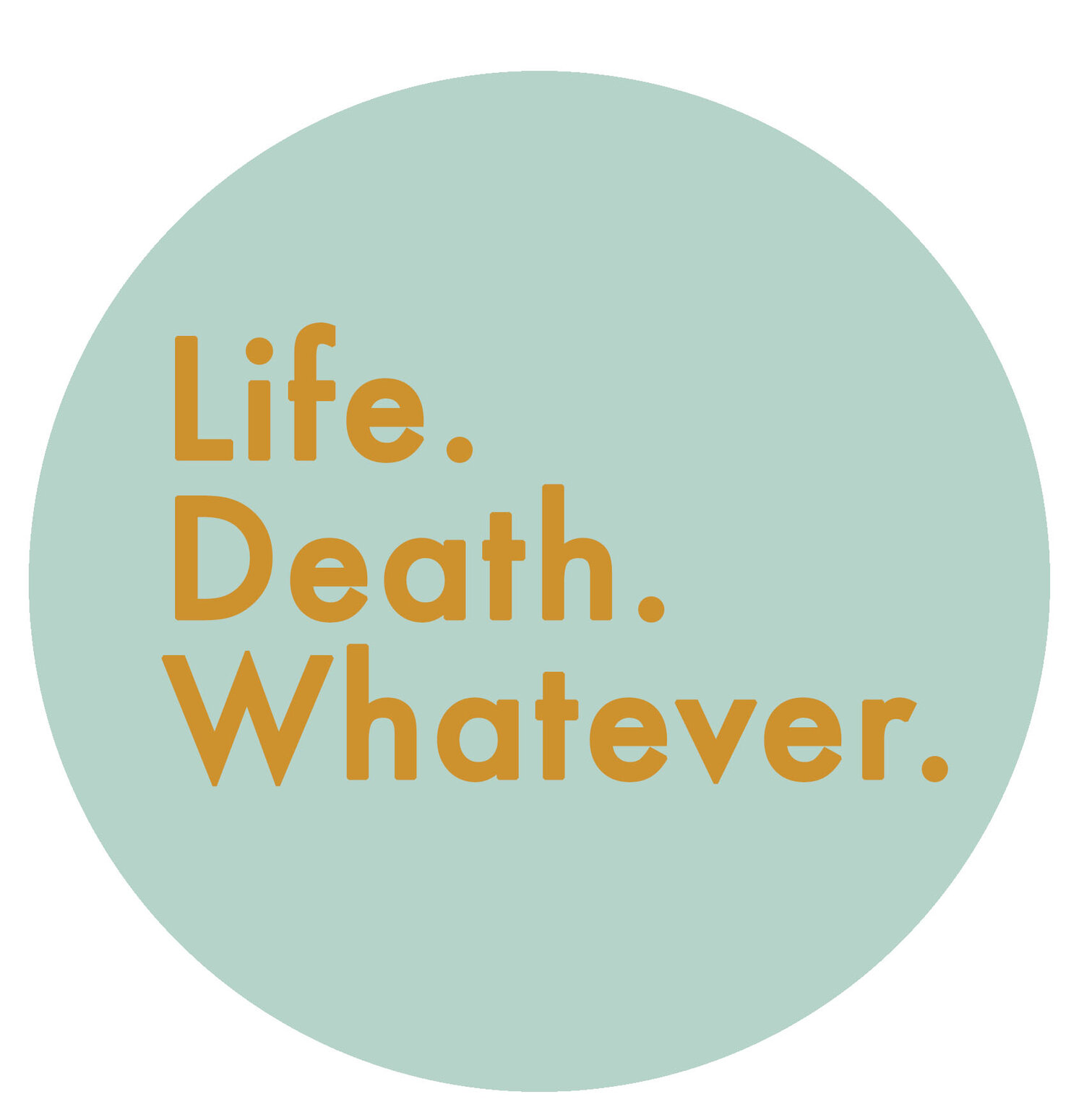By Christie Watson
who worked as a nurse for 20 years
1. Resuscitation does not usually work.
People get confused with heart attack and cardiac arrest but they are very different things. Heart attacks can lead to cardiac arrests if not treated, but cardiac arrest can be caused by many other illnesses, accidents or diseases. A person having a heart attack will be conscious. A person in cardiac arrest has no signs of life at all. Cardiac arrest means the heart has stopped beating and the person will stay dead unless they are resuscitated successfully. Sadly, the chances of surviving a cardiac arrest in a UK hospital are, at best, 1 in 5, and out of hospital less than 1 in 10 people.
2. Do Not Attempt Resuscitation (DNACPR) scares people.
But it shouldn’t. It is a medically led decision; cardiopulmonary resuscitation (CPR), a bit like chemotherapy, is not suitable for everyone, though all decisions are made in communication and with input by the patient and or family. It means the patient can still receive care and fluids and food and drink and antibiotics and oxygen, but if their heart stops beating and they have no signs of life the team will not attempt to restart their heart with chest compressions and/or defibrillation. All it really means is that nurses and doctors will allow a dying patient to die a natural death.
3. Resuscitation in hospital is often brutal.
It is chest compressions and giving breaths with a bag valve mask and sometimes defibrillation (shocking with electricity). We also may drill into bones, shove I-gel tubes down into throats, crack ribs. And even then four out of five patients receiving this treatment will die anyway. There is nothing dignified about dying in this way. One question to ask in hospital is if the nurse or doctor looking after you, in your position, with your condition, would have a DNACPR form. Nurses and doctors will answer honestly.
4. We need to talk about death.
We are all going to die. We have so much more control over how if we get better about talking about it, discussing our wishes with our families throughout life. Because nobody wants to die in hospital surrounded by even the most compassionate strangers. If a family member does have a cardiac arrest in hospital and is being resuscitated I believe their relative should always be allowed in to sit with them as long as they are able to. Relatives will see everything being done and how hard the team work to save their loved one. And, as is most often the case, if they can’t, the only thing that will matter then is that they were with them, holding their hand.
5. Let’s all move to Vegas.
Working as an expert in resuscitation taught me that we know very little at all about life and death and in between, and the body holds secrets that no one can reach. But it seems to me that for most of us, when our time is up, despite the best skill of the best experts, then our time is up. But bizarrely although resuscitation has such poor results in UK hospitals with some of the best doctors and nurses in the world, in Las Vegas they have up to 75 percent success rates resuscitating people who have cardiac arrests in casinos. I’m off to take my chances. Who’s with me?
About Christie Watson
Christie Watson was a registered nurse for twenty years and is currently patron of the Royal College of Nursing Foundation. The Language of Kindness, her memoir about nursing, is a number one Sunday Times bestseller.
Follow Christie on Twitter and Instagram.



